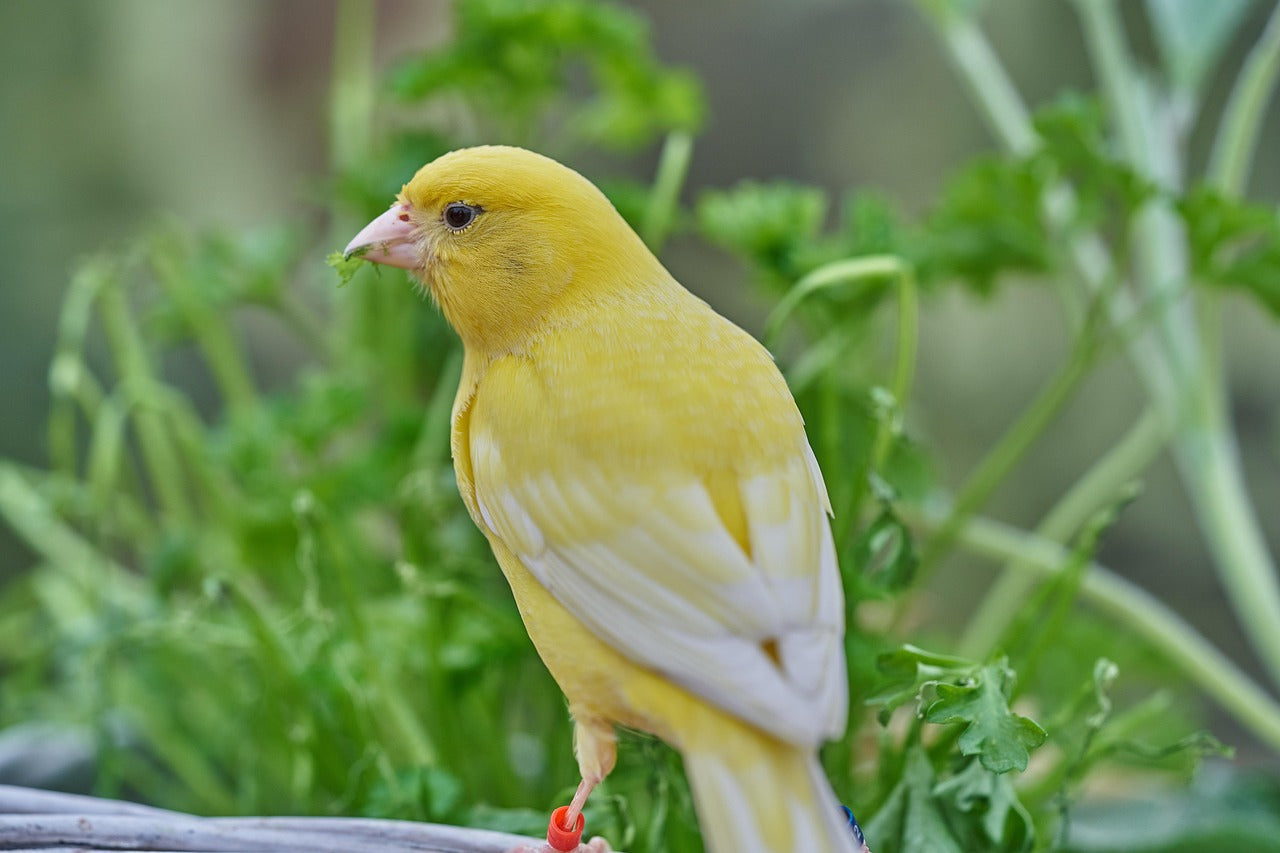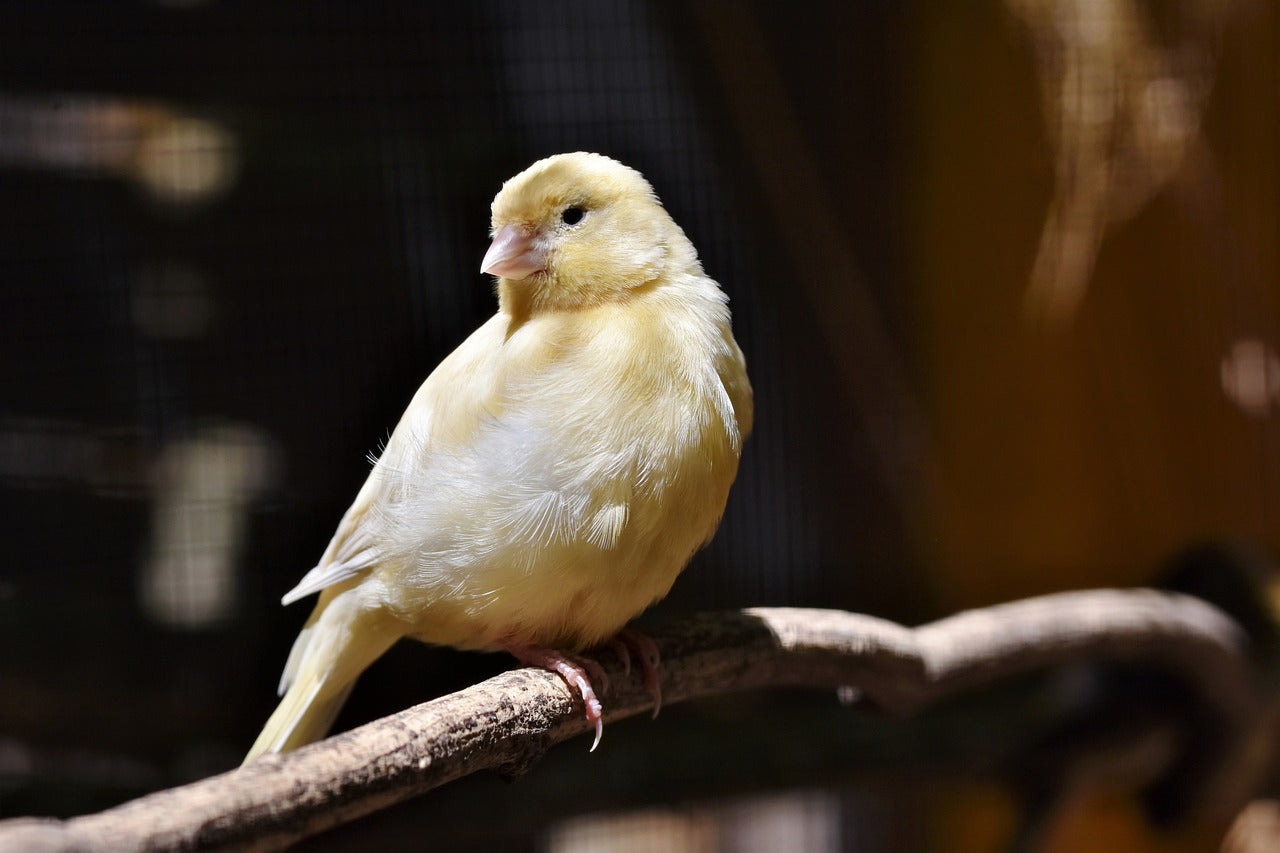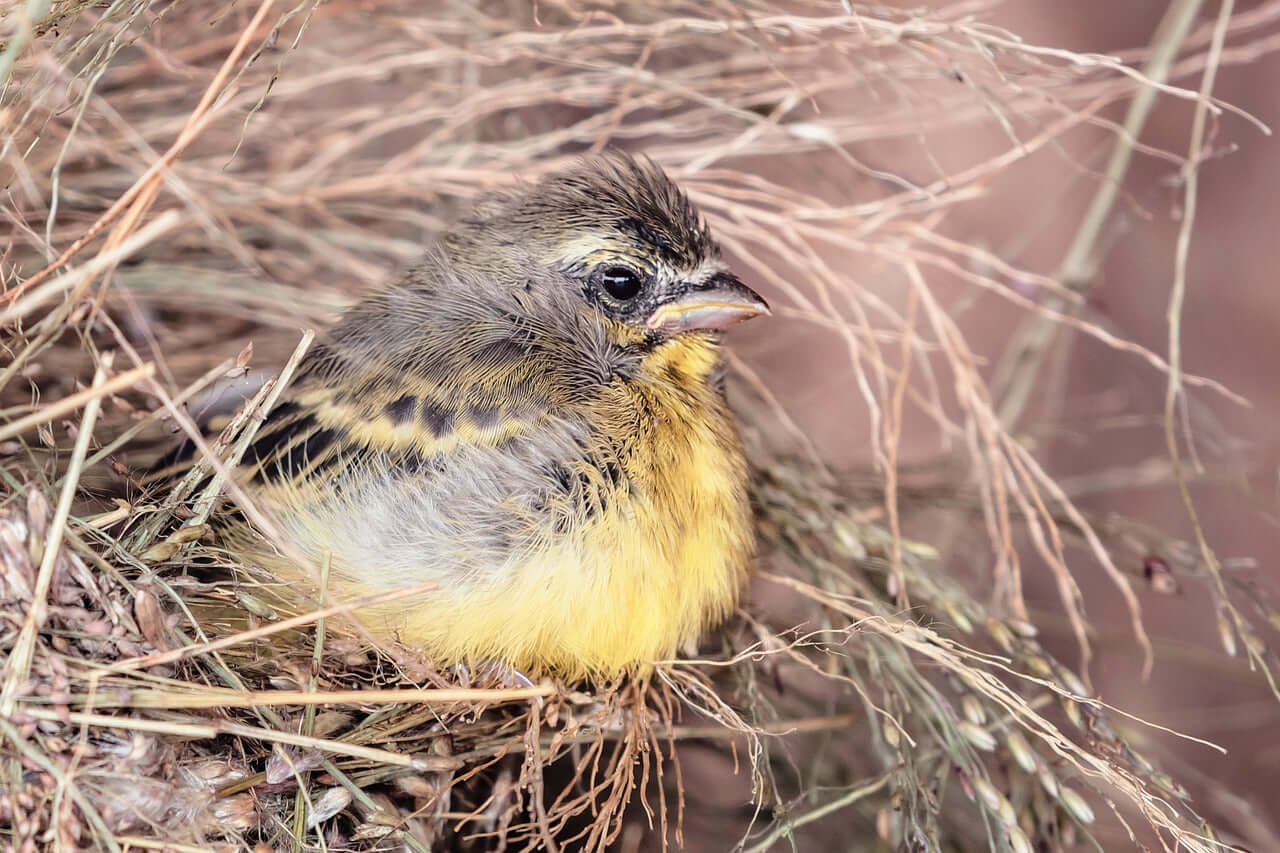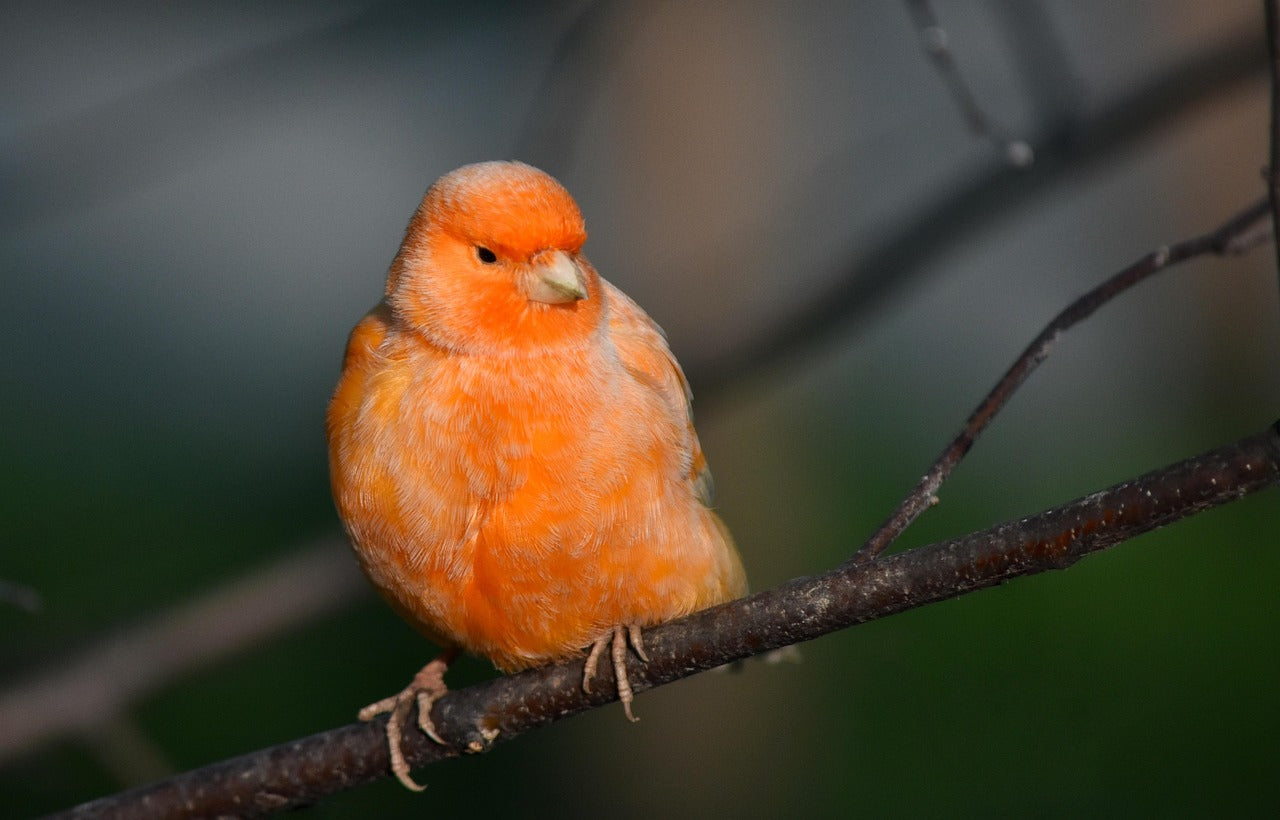Canary Care & Breeding Guide

Canaries, after centuries of domestication, have adapted well to the European climate, much like native finches. Their annual life cycle and behaviour closely resemble those of wild birds, though selective breeding has introduced some variations. With proper care, nutrition, and environmental conditions, breeding canaries can be a highly rewarding experience.
Understanding the Canary Year
The timing of key events in a canary’s life is influenced by local conditions, making an exact schedule difficult to establish. The best approach is to observe natural bird behaviour and adjust care accordingly. Proper feeding is crucial, and Haith’s has over 80 years of expertise in providing high-quality canary food, trusted by champion breeders, aviculturists, and veterinarians. Understanding the seasonal needs of canaries is essential for their overall well-being and successful breeding.
Seasonal Care Calendar
December - January (Resting Period)
During this time, canaries experience shorter daylight hours and colder temperatures. They require high-energy food to maintain warmth but should not gain excessive weight.
-
Provide an environment that encourages exercise, such as an aviary setup with ample space.
-
Haith’s Conditioning Seed, rich in essential vitamins and minerals, is beneficial for maintaining health during the resting phase.
-
A basic diet consisting of Haith’s Super Canary Mixture ensures a balanced intake of nutrients.
-
Calcium intake is essential for strong bones and overall health. Offer cuttlefish bone or liquid calcium supplements such as Calciform.
January - February (Preparing for Breeding)

As winter transitions to early spring, canaries naturally begin preparing for the breeding season. Nutrition plays a key role in conditioning birds for successful mating.
-
Maintain the winter diet but introduce small amounts of green foods, fruit, and soft food.
-
Occasional apple, orange, and thawed peas can help birds acclimate to breeding-season foods.
-
Provide high-quality soft foods such as Haith’s Rearing & Conditioning Softfood, Egg Biscuit Softfood, and Nectarblend Rearing Softfood.
-
Continue ensuring adequate calcium intake, as females will soon need extra calcium for egg production.
February - March (Breeding Season Begins)
As daylight hours increase, hormonal changes in canaries prompt mating behaviours.
-
Males begin displaying courtship behaviours such as singing and flapping their wings.
-
Females respond by calling and squatting, indicating receptiveness to mating.
-
Avoid early nesting - delaying until April often leads to better success rates and healthier chicks.
-
Gradually increase the frequency of soft food and fresh produce every two to three days to improve conditioning.
April - July (Breeding & Chick Rearing)

During this period, wild birds are nesting, and canaries instinctively follow suit. Proper nesting materials and nutrition are vital to ensure healthy chicks.
-
Introduce nest pans lined with soft materials such as coconut fibre or specialised nesting felt to prevent egg breakage.
-
Reduce high-energy winter seed while increasing soft food and fresh produce.
Green foods such as chickweed and dandelions become available and make excellent natural supplements.
-
Once chicks hatch, feed soft food three times daily, removing any uneaten portions to prevent spoilage and bacterial growth.
-
At five days old, begin introducing Haith’s Easisoak Seed, a nutritious blend ideal for sprouting and soaking.
-
By five to six weeks, wean chicks onto hard seed, ensuring they can eat independently before separating them from parents.
July - August (Moulting Season)

Canaries go through a demanding moulting process, shedding old feathers and growing new ones. This phase requires additional nutritional support to ensure healthy feather development.
-
Young canaries should now be fully weaned and consuming hard seed.
-
Adult birds may be exhausted from breeding and moulting, leading to stress and temporary loss of vitality.
-
Soft food should be provided two to three times per week to support feather regrowth.
-
Ensure birds are kept in a calm environment with minimal disturbances to reduce stress during this crucial period.
September - November (Moulting Recovery)
While most birds have completed their moult by this time, some may still be growing in their new feathers.
-
Continue offering soft food once a week to assist with the final stages of moulting.
-
Maintain a balanced diet to help birds regain strength and condition
-
Monitor canaries closely for any signs of nutritional deficiencies or stress.
November - December (Rest & Conditioning)
By now, canaries should have fully recovered from moulting and be in prime condition.
-
A basic seed diet is sufficient for maintaining health, but occasional soft food (once or twice a week) provides additional support.
-
Birds should now be active, alert, and exhibiting natural behaviours in preparation for the upcoming seasonal cycle.
-
This period also offers an excellent opportunity to assess birds for potential breeding pairs in the following spring.
Expert Support from Haith’s
Haith’s continues to supply premium canary foods backed by decades of research and breeder recommendations. Their high-quality products are trusted by aviculturists worldwide, ensuring that canaries receive the best possible nutrition at every stage of their life cycle.
By understanding and catering to the seasonal needs of canaries, breeders and pet owners can foster healthy, thriving birds. Proper care, observation, and nutrition ensure that canaries live fulfilling lives and successfully reproduce year after year. Whether you are an experienced breeder or a new canary owner, following this guide will help you provide the best possible care for your birds.

Caring for and breeding canaries requires patience, attention to detail, and a strong understanding of their natural cycles. With the right diet, environment, and management techniques, canaries will flourish in captivity, bringing joy and satisfaction to their keepers. By following this comprehensive guide, you can ensure that your canaries lead healthy, happy lives all year round.

2 comments
This is a brilliant guide enjoyed reading it I am new to canary’s and breeding good information thank you
Great bit of information. Need this printed out to put up in shed.
Healthy canaries